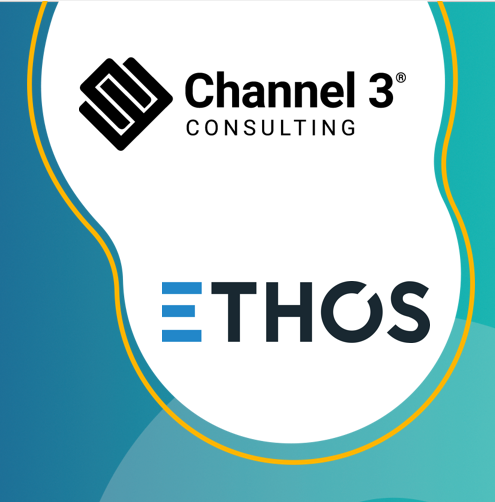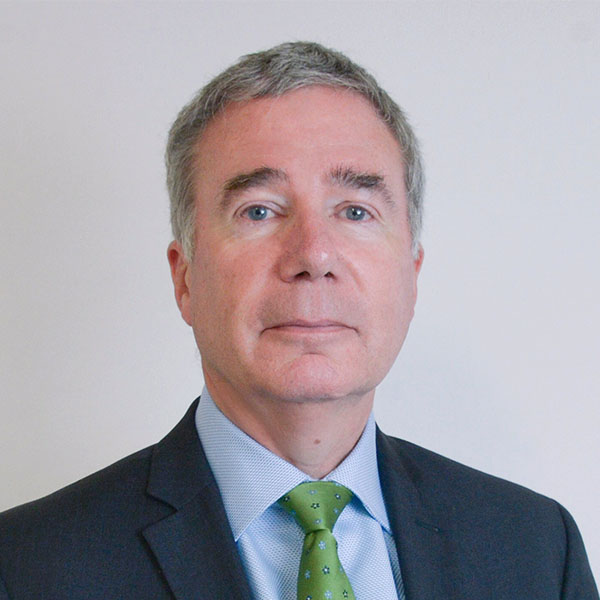Patient safety strategies from the NHS require any digital health service implementation or service upgrade to prioritise clinical safety. This is a requirement of any wide-scale project for improved health and social care services that include digital elements. It is especially important for any technology-focused project, including a shared record, online booking and referral service or remote patient monitoring.
Channel 3 is collaborating with ETHOS, who delivers safety, security and effectiveness services for these digital health interventions. Together, we are providing a new service to address the clinical safety needs of digitally enabled transformation in the sector.

Planning and implementing a digitally-enabled health service is a massive undertaking with many moving parts and stakeholders. Given the challenges involved, how can you be sure that your programme is fully compliant with NHS-mandated clinical safety standards?
Many digital health solutions and methodologies were implemented during the pandemic at a fast pace. Fulfilling the urgent need to change models of care was, understandably, prioritised over the usual due diligence required of new developments.
This significantly changed the health and social care landscape, with both positive and negative results.
Clinical safety is not a ‘nice-to-have’
The NHS Digital Clinical Safety strategy links to the published standards for clinical risk management of health IT systems. These standards are mandatory for health and social care organisations implementing services and manufacturers developing solutions in the UK. They align with international standards relating to health software, including medical devices.
Having negotiated the many challenges created by the pandemic, the questions you now face are:
- How do I keep the benefits of the new methods and technology we have implemented?
- How do I minimise clinical risk whilst we do this?
- How do I identify what needs to be improved?
Of course, the answers and solutions to these questions must be implemented whilst maintaining service delivery. This is where external support can be called upon.
What you should be looking for?
There is little doubt that digital health solutions improve safety, security, data quality, consistency and many other factors.
However, without proper validation, there is a risk that the methods and technology in question could undermine the health objectives and compound patient safety initiatives. In fact, NHS England encourages the practice of ensuring clinical safety across working practices.
Two vital steps should be taken:
1. Organisations should certify their methodologies with a recognised organisation to ensure that proper care is provided.
2. Where newly implemented services are being commissioned, clinical safety requirements must be considered with equal priority to other clinical outcomes.
Be 100% confident that your health organisation is compliant
Channel 3 has added a vital service to our portfolio to meet the clinical safety standards of the sector. To deliver this service we are working in collaboration with ETHOS, a certified and recognised market leader in clinical safety services. This service support health organisations with digital clinical safety objectives in their digital transformation programmes.
We achieve this by certifying methods, technology and processes for technology already in place, or proactively ahead of implementing something new.
We work with health organisations to ensure that we maintain and build upon the progress that has been made with health technology but, crucially, we do it in a clinically safe way.
ETHOS co-founder and CEO, Stuart Harrison who has 15 years of NHS experience writing, developing and enabling clinical safety standards and strategies for digital health.Channel 3 demonstrates the same values as ETHOS, so this collaboration feels like a natural fit. Our team of clinical safety officers have an extraordinary number of years practising in their roles across varying digital health services. We are driven by an urge to help, and with Channel 3 we can do this seamlessly from a collective position of insight and involvement.
Contact us now to discuss your digital transformation plans and how we can work together to ensure that, from a clinical safety perspective, your organisation is compliant.
About the author

David Churchill
David has worked in a variety of roles across multiple sectors; include manufacturing, electronics, entertainment and finance; culminating in ten years of healthcare. Prior to joining Channel 3 David worked within the NHS, primarily focused on the better design and implementation of improved clinical processes and systems.
